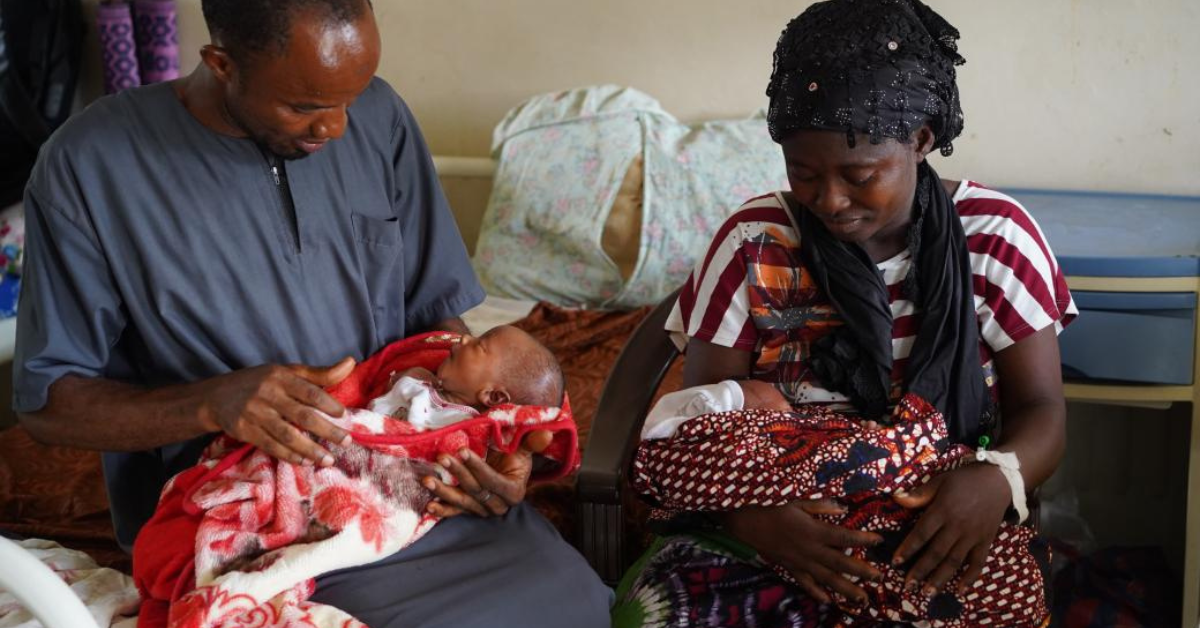The proposed Save Motherhood Bill in Sierra Leone has sparked significant interest as the country seeks to address its high maternal mortality rate. Sierra Leone has one of the highest maternal death rates in the world, with factors such as inadequate healthcare infrastructure, limited access to trained medical personnel, and financial barriers contributing to this dire statistic.
This bill, if passed into law, aims to improve maternal healthcare by ensuring accessible and affordable services for pregnant women, particularly in rural and underserved areas. While the intentions of the bill are laudable, a critical analysis of its potential impact reveals both opportunities and challenges.
The Save Motherhood Bill is an ambitious attempt to safeguard the lives of mothers and new-borns by improving access to quality healthcare during pregnancy, childbirth, and postpartum periods. If implemented effectively, the legislation could save thousands of lives annually. The bill emphasizes the importance of providing free or subsidized maternal healthcare services, which would alleviate the financial burden on families, especially in rural communities where poverty often hinders access to medical care. It also proposes strengthening rural healthcare systems by building new facilities, upgrading existing ones, and deploying trained personnel to remote areas.
An important aspect of the bill is its focus on health education and family planning. By promoting reproductive health awareness and providing access to contraceptives, the legislation seeks to reduce high-risk pregnancies and empower women to make informed choices about their reproductive health. Additionally, the bill underscores the need for community-based interventions, such as engaging traditional birth attendants and community health workers, to bridge the gap between modern healthcare systems and cultural practices.
Despite its potential, the Save Motherhood Bill faces significant implementation challenges. One of the most pressing issues is funding. Sierra Leone’s healthcare system is already underfunded, and implementing a nationwide maternal health initiative will require substantial financial resources. While the bill proposes partnerships with international donors and non-governmental organizations, reliance on external funding could lead to sustainability concerns in the long term. Without a clear and sustainable financial strategy, the bill risks becoming another unfunded mandate.
The lack of healthcare infrastructure in rural areas poses another challenge. While the bill aims to improve rural healthcare delivery, many communities lack basic facilities such as roads, transportation, and electricity, which are essential for effective healthcare delivery. Moreover, the healthcare workforce in Sierra Leone is severely under-resourced. The bill’s success hinges on the availability of trained midwives, nurses, and doctors, but the current shortage of medical professionals may hinder its implementation. Incentives to attract healthcare workers to rural areas, such as better salaries and housing, will be crucial for the bill’s effectiveness.
Cultural and religious beliefs present additional obstacles. In many communities, traditional practices and misconceptions about maternal health could conflict with the objectives of the bill. Resistance to family planning initiatives, for example, could undermine efforts to reduce high-risk pregnancies. To address these challenges, the bill must include provisions for culturally sensitive health education campaigns that involve local leaders and community influencers.
Transparency and accountability will also play a critical role in the bill’s success. Sierra Leone has struggled with corruption and mismanagement in public projects, and there is a risk that funds allocated for maternal health could be misused. The government must establish robust monitoring and evaluation systems to ensure that resources are used effectively and that the intended beneficiaries are reached. Regular audits, community oversight, and public reporting can help build trust and ensure accountability.
While the Save Motherhood Bill focuses on maternal health, it does not adequately address broader systemic challenges in the healthcare sector. Issues such as the lack of emergency response systems, shortages of essential drugs, and poor referral mechanisms could undermine the bill’s impact. A holistic approach that addresses these underlying problems is necessary for sustainable progress.
The Save Motherhood Bill represents a bold step toward tackling Sierra Leone’s maternal health crisis. Its focus on accessibility, affordability, and community-based solutions reflects a genuine effort to improve the lives of women and families. However, its success will depend on careful planning, adequate funding, and effective implementation. Policymakers must adopt a multi-stakeholder approach, engaging healthcare professionals, community leaders, international partners, and civil society organizations to address the challenges and ensure inclusivity.
If implemented successfully, the Save Motherhood Bill could transform maternal healthcare in Sierra Leone, reducing preventable deaths and promoting gender equality. It holds the potential to create a lasting legacy for generations to come, but only if its challenges are addressed with transparency, commitment, and a long-term vision for health system reform.












If this bill is passed into Law, then let’s prepare for calamities that will befall us.
This is inhuman and Allah totally forbids it
It is infact risky for women to get pregnant in s/L I will say
In summary of my comments to this bill that is to be a law I just say. Hmmmmm 😭😭😭😭
Oh I wish your mother could have abort you, are these words should have not been coming from you. How can you go against God’s divine will for the interest of yourself